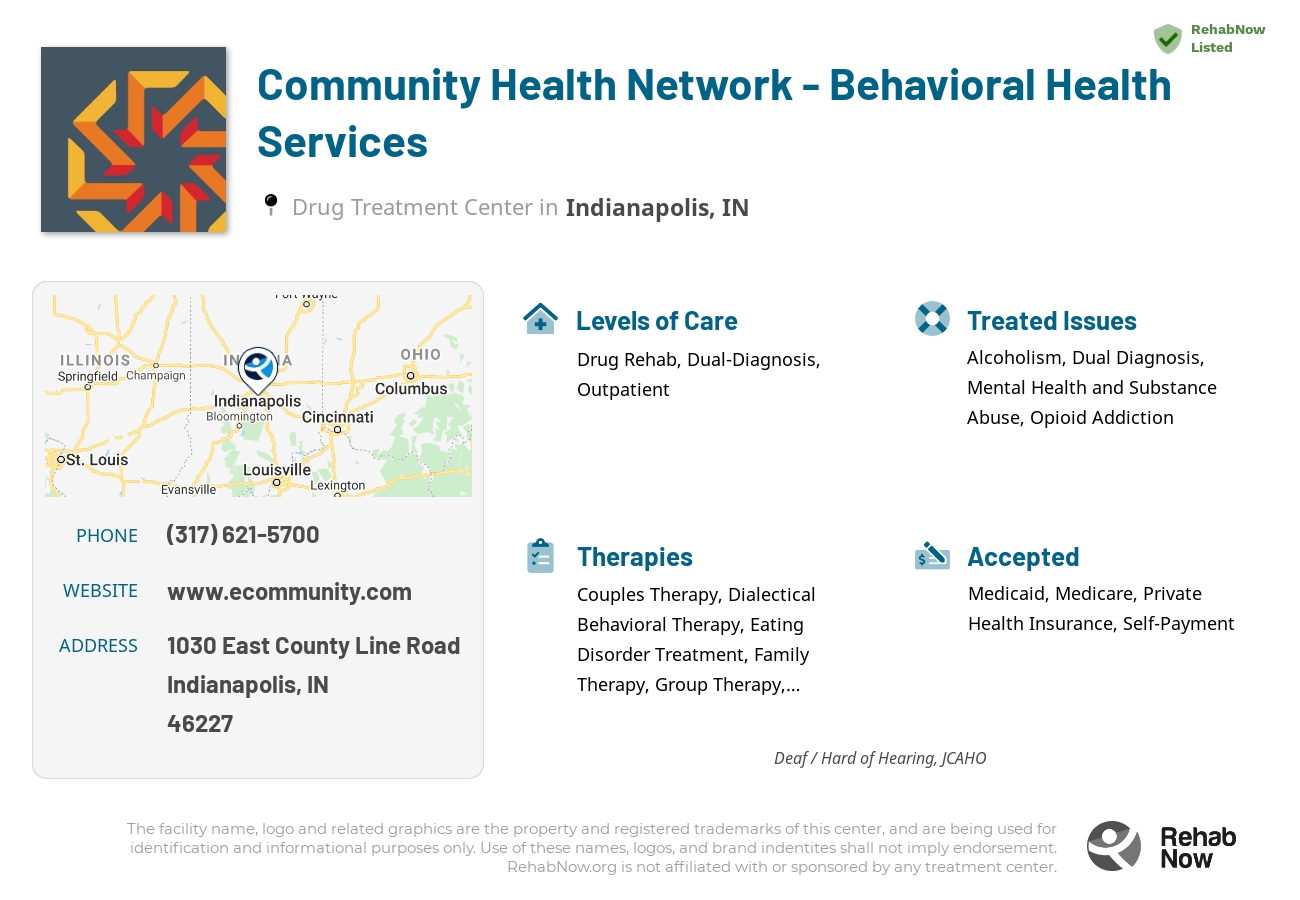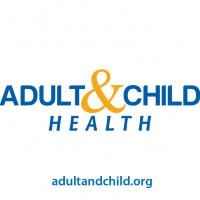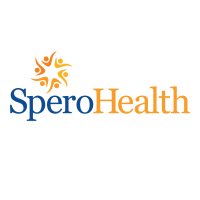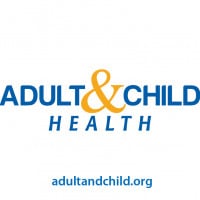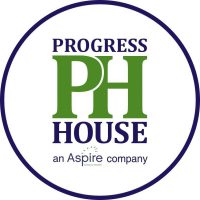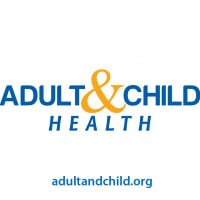Community Health Network - Behavioral Health Services
Drug Rehab Center in Indianapolis, Indiana
Community Health Network - Behavioral Health Services (CHN-BHS) in Indianapolis, Indiana is an integrated behavioral health center specializing in addiction and substance abuse, as well as mental health disorders, offering evidence-based treatments and intervention strategies and a variety of services including assessments, counseling, and residential treatment programs.
About Community Health Network - Behavioral Health Services in Indiana
Community Health Network in Indianapolis, Indiana, stands out for its specialized mental health and substance use disorder treatment services for adults and seniors. This center offers a wide range of care from inpatient to specialized outpatient services, emphasizing convenience and exceptional healthcare. Central to its approach is the integration of medical and mental health services, facilitated by a comprehensive team of professionals at their Behavioral Health Pavilion.
- Comprehensive care for adults and seniors, including tailored programs for the unique challenges seniors face in recovery.
- A variety of treatment options ranging from inpatient care to partial hospitalization and outpatient services, accommodating different levels of need.
- The inpatient crisis stabilization program focuses on teaching skills for stress management, problem-solving, and psycho-education to aid recovery.
Accredited by CARF and JCAHO, Community Health Network provides well-recognized, quality care. The facility offers a continuum of treatment for those struggling with addiction, including specialized programs for dual diagnosis patients, ensuring a tailored approach to recovery.
Addiction treatment includes services for alcohol dependency, opioid addiction, eating disorders, and more. Treatment methods span cognitive behavioral therapy, dialectical behavior therapy, and others, alongside medication management. Levels of care range from intensive inpatient support to flexible outpatient programs, designed to guide patients through every stage of their recovery journey.
Genders
Ages
Modality
Additional
Accreditations

JCAHO

CARF
The Commission on Accreditation of Rehabilitation Facilities (CARF) is a non-profit organization that specifically accredits rehab organizations. Founded in 1966, CARF's, mission is to help service providers like rehab facilities maintain high standards of care.
Conditions and Issues Treated
Opioid addiction has become a significant health problem in the United States. When a person’s life becomes unmanageable because of an opioid addiction, treatment can help them get sober. Treatment includes medical care and counseling.
“With so many people struggling with opioid addiction, we need more care and attention for those who want to quit. Opioid addicts often take opioids when they experience a painful injury – that’s how the cycle starts! When someone begins taking their medication differently than prescribed or takes an excessive amount of drugs, it means they’re hooked on drugs and in danger of overdosing.
The most successful way to beat this is through detoxing from these types treatments at Community Health Network - Behavioral Health Services in . Most facilities start by using medical support during the process while providing counseling services; rehabilitation comes later on after treatment has been completed successfully.
A “dual diagnosis” is when the individual has two medical issues at the same time. The top co-occurring mental disorders with addiction are depression, anxiety, ADHD, bi-polar disorder. Addiction is also considered a mental illness that is not a choice but rather a medical condition. Addiction can be caused by any number of underlying issues.
Dual diagnosis is provided by Community Health Network - Behavioral Health Services to treat addictive tendencies as well as any untreated mental illnesses. This ensures successful long term health and recovery for patients after treatment has been completed.
Dual diagnosis is provided by Community Health Network - Behavioral Health Services to treat addictive tendencies as well as any untreated mental illnesses for people in Indiana. This ensures successful long term health and recovery for patients after treatment has been completed.Levels of Care Offered
This center offers a variety of custom treatment tailored to individual recovery. Currently available are Drug Rehab, Dual-Diagnosis, Outpatient, with additional therapies available as listed below.
Outpatient programs at Community Health Network - Behavioral Health Services, the Indianapolis resident can live with their family while continuing with their job or studies. Treatment includes educating the patient on drug abuse, medications, and counseling sessions at the individual or group level. Outpatient treatment plans cover diagnosis, detoxification, management, and counseling. They are a popular option for those who have graduated from inpatient facilities.
Therapies & Programs
Individual therapy is a form of counseling where you meet with a trained professional one-on-one. Meeting with a therapist in this setting allows for a personal and trusting relationship to be built. This allows the patient to open up about sensitive or private issues they may not feel comfortable discussing in a group. Individual therapy helps identify the root causes of your addiction, which can help prevent relapse.
Couples therapy for drug addiction is a unique form of therapy that allows family members to work through the emotional issues of their loved one’s addiction together. Family members can support each other while learning how to cope with the addiction and encourage healthy changes. The two will work with a therapist to learn how the addiction affects themselves and the relationship.
Family therapy is often done alongside drug treatment to help addicts stay sober. The goal of family therapy for drug addiction is to create an environment where communication can happen without judgment, hostility, or blame. The therapist will sit with the family so they can learn how to communicate differently and provide new tools for dealing with emotions so that people don’t want to drink or do drugs. It’s important for families to focus on relapse prevention plans during treatment so that if the addict feels like they want to use again, they’ll know what steps they need to take together to prevent it from happening again in the future.
Group therapy sessions are another common addiction recovery service. These group sessions typically involve six to 12 addicts who meet regularly with a trained professional for support and guidance.
During these sessions, the group shares their experiences with one another and provides feedback that can help each member avoid relapse or overcome specific obstacles they are facing in their recovery process. With this type of support and guidance, addicts can feel like they are part of a community that understands their struggles and will help them get through the hard times.
Many people struggling with drug addiction have experienced some form of trauma in their lives. It is crucial that these individuals seek out professional help; otherwise, their drug abuse and addiction will likely continue.
Therapists and counselors at drug treatment centers employ several treatment programs to help people struggling with drug addiction, including trauma therapy. Trauma therapy helps people dealing with addiction by allowing them to confront the traumas of their past and move past them.
It is important to note that trauma therapy should not be confused with PTSD (post-traumatic stress disorder). Rather, it is used to treat the effects of trauma, which are often at the root of addiction.
Dialectical Behavior Therapy was developed in the 1980s to treat chronically suicidal individuals. It is a cognitive-behavioral therapy that combines standard DBT with strategies derived from Zen Buddhism, such as mindfulness training.
DBT has been adapted for use with other types of psychiatric problems, including eating disorders, substance abuse disorders, borderline personality disorder, posttraumatic stress disorder (PTSD), and other personality disorders. Dialectical Behavior Therapy is considered a psychosocial treatment of BPD. This means that while it can be used alone or in conjunction with drug treatments, DBT does not rely on medications to treat the disorder. Instead, DBT aims to help patients change their thinking and behavior.
Cognitive Behavioral Therapy (CBT) focuses on the underlying thoughts and behaviors that caused the problem of addiction in the first place and may cause a relapse. Negative feelings are common in drug abuse disorders, but they can lead to co-occurring disorders if not recognized. CBT involves strategies that help to change the behavior pattern by restructuring negative thoughts into positive ones. It helps to remove these feelings, and it provides long-term benefits. Also, CBT promotes self-awareness and self-control. It can be administered as a monotherapy or as part of combination therapy.
CBT can improve the patient’s mood, reduce drug cravings and boost success rates on treatment plans. Regular practice can help individuals handle negative attitudes, thoughts, and feelings without turning to drugs or alcohol. The core belief of Cognitive Behavioral Therapy (CBT) is that one’s moods, behaviors, and actions are all connected. Individuals can improve their quality of life using CBT. It helps addicts understand the patterns of thought and feelings that cause them to use drugs or alcohol and develop a healthy response.
It’s not as simple as quitting drinking or using drugs and expecting the hard part to be over. Many addicts in recovery have discovered that they need to improve skills such as time management, organization, communication, socialization, and self-esteem. Learning certain life skills can help those who are struggling with addiction.
Payment Options Accepted
For specific insurance or payment methods please contact us.
Is your insurance accepted?
Ask an expert, call (888) 674-0062
Community Health Network Associated Centers
Discover treatment facilities under the same provider.
- Fairbanks Hospital - Indianapolis in Indianapolis, IN
- Community Howard Behavioral Health Services in Kokomo, IN
- Community Hospitals - Crestview Center in Anderson, IN
- Gallahue Mental Health Services in Greenfield, IN
- Community Health Network - Community Hospital North Behavioral Health Pavilion in Indianapolis, IN
Learn More About Community Health Network Centers
Additional Details
Specifics, location, and helpful extra information.
Indianapolis, Indiana 46227 Phone Number(317) 621-5700 Meta DetailsUpdated April 15, 2024
Staff Verified
Community Health Network - Behavioral Health Services Patient Reviews
There are no reviews yet. Be the first one to write one.
Indianapolis, Indiana Addiction Information
The state of Indiana ranks 14th in the nation for drug abuse, but 17th for drug overdoses. The state has many high-quality rehabilitation centers, but reports show that there are about 20 deaths per 100,000 people. This is due to its location making it a drug trafficking haven, where many drugs are further distributed into the country.
The drug addiction problem in Indianapolis, Indiana, is quite severe. There were over 1,600 overdose deaths in Indianapolis between 1999 and 2016. This means that, on average, there were about 100 overdose deaths per year in Indianapolis during that period. Rehab centers in Indianapolis, Indiana, offer a variety of programs, including inpatient and outpatient programs, 12-step programs, and faith-based programs.
Treatment in Nearby Cities
- Bloomington, IN (38.5 mi.)
- Franklin, IN (11.7 mi.)
- Nashville, IN (30.2 mi.)
- Scottsburg, IN (68.7 mi.)
- Union City, IN (80.7 mi.)
Centers near Community Health Network - Behavioral Health Services
The facility name, logo and brand are the property and registered trademarks of Community Health Network - Behavioral Health Services, and are being used for identification and informational purposes only. Use of these names, logos and brands shall not imply endorsement. RehabNow.org is not affiliated with or sponsored by Community Health Network - Behavioral Health Services.




